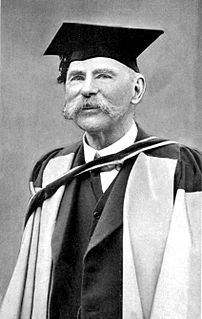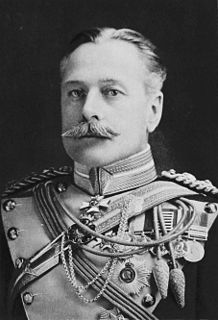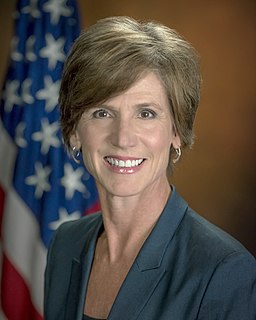A Quote by William Hazlitt
In public speaking, we must appeal either to the prejudices of others, or to the love of truth and justice. If we think merely of displaying our own ability, we shall ruin every cause we undertake.
Related Quotes
I dread our own power, and our own ambition; I dread our being too much dreaded... We may say that we shall not abuse this astonishing, and hitherto unheard-of-power. But every other nation will think we shall abuse it. It is impossible but that, sooner or later, this state of things must produce a combination against us which may end in our ruin.
Youth is a period of idealism. The Communists attract young people by appealing directly to that idealism. Too often, others have failed either to appeal to it or to use it and they are the losers as a consequence. We have no cause to complain if, having neglected the idealism of youth, we see others come along, take it, and harness it to their cause - and against our own.
When we do align with it, we thrive. And when we do not, we suffer. This is not "punishment." It is merely the Law of Cause and Effect. With each thought we think, we either align with universal love, or we disconnect ourselves from it. Whichever is our choice determines whether we then feel connected to, or disconnected, from our own true Selves.
If an agency is the ultimate judge in every case of conflict, then it is also judge in all conflicts involving itself. Consequently, instead of merely preventing and resolving conflict, a monopolist of ultimate decision making will also cause and provoke conflict in order to settle it to his own advantage. That is, if one can only appeal to the state for justice, justice will be perverted in the favor of the state, constitutions and supreme courts notwithstanding.
Change depends on people knowing the truth. Change depends on people speaking that truth out loud. That's what movements do. Movements educate people to the truth. They pass along information and ideas that many others do not know, and they cause them to ask questions, to challenge their own long-held beliefs. ... Movements are the way ordinary people get more freedom and justice. Movements are how we keep a check on power and those who abuse it.
The immature conscience is not its own master. It simply parrots the decisions of others. It does not make judgments of its own; it merely conforms to the judgments of others. That is not real freedom, and it makes true love impossible, for if we are to love truly and freely, we must be able to give something that is truly our own to another. If our heart does not belong to us, asks Merton, how can we give it to another?
Science enhances the moral value of life, because it furthers a love of truth and reverence-love of truth displaying itself in the constant endeavor to arrive at a more exact knowledge of the world of mind and matter around us, and reverence, because every advance in knowledge brings us face to face with the mystery of our own being.
The psychological impotence of our enraged generation must be traced to the overwhelming accusation of insincerity which every man and woman has to confront, in the depths of his own soul, when he seeks to love merely for his own pleasure.And yet the men of our time do not love with enough courage to risk even discomfort or inconvenience.
If by the liberty of the press were understood merely the liberty of discussing the propriety of public measures and political opinions, let us have as much of it as you please: But if it means the liberty of affronting, calumniating and defaming one another, I, for my part, own myself willing to part with my share of it, whenever our legislators shall please so to alter the law and shall chearfully consent to exchange my liberty of abusing others for the privilege of not being abused myself.
We need to repent of the haughty way in which we sometimes stand in judgment upon Scripture and must learn to sit humbly under its judgments instead. If we come to Scripture with our minds made up, expecting to hear from it only an echo of our own thoughts and never the thunderclap of God's, then indeed he will not speak to us and we shall only be confirmed in our own prejudices. We must allow the Word of God to confront us, to disturb our security, to undermine our complacency and to overthrow our patterns of thought and behavior.



































